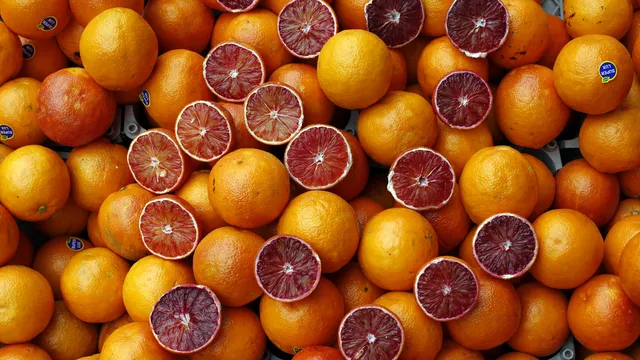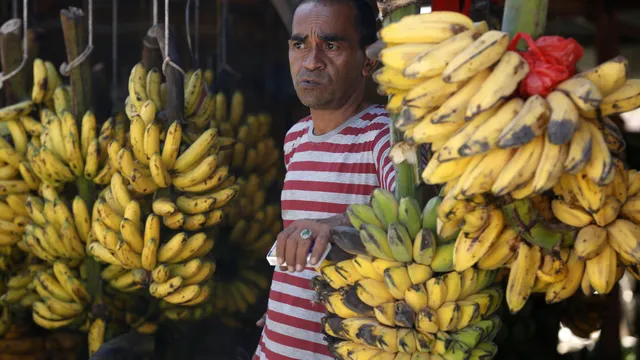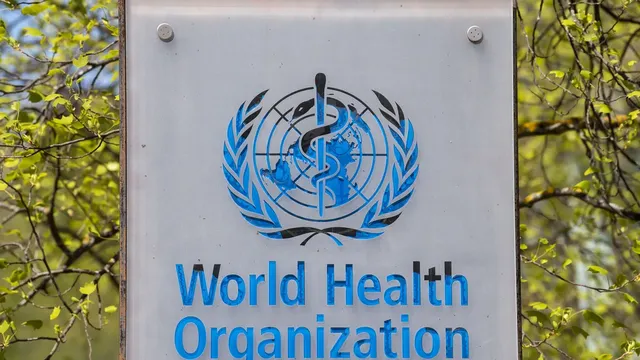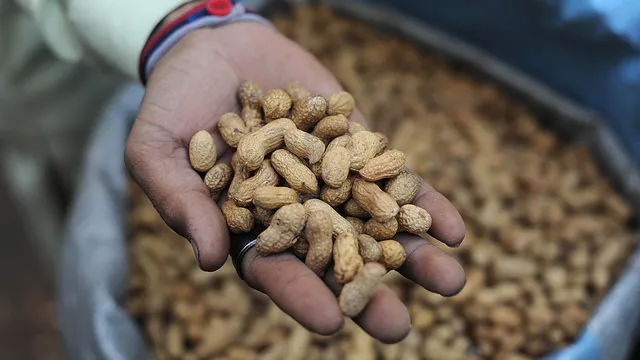Kidney stones are small, hard formations that form in the kidneys when certain minerals accumulate in the urine. They can cause severe pain, especially when they move through the urinary tract. Fortunately, research shows that what we eat and drink plays an important role in preventing kidney stones.
One of the best things you can do to prevent kidney stones is to drink plenty of water. Staying well hydrated helps dilute the substances in your urine that lead to stone formation.
The more you drink, the less chance there is for minerals to stick together and form stones. Most doctors recommend aiming to drink at least 8–10 glasses of water a day, and even more if you live in a hot climate or exercise frequently.
Certain foods are also known to help prevent stones. For example, fruits and vegetables with high water and citrate content can reduce the risk of stone formation.
Citrate is a natural substance that helps prevent crystals from sticking together. Citrus fruits such as lemons, oranges, and limes are particularly beneficial. Studies show that drinking lemonade or orange juice regularly can help reduce the likelihood of stone formation.
Foods rich in calcium are also important. Many people think they should avoid calcium to prevent stones from forming, but this is not true. Getting enough calcium from food (not supplements) actually helps because it binds with oxalate in the intestines.
Oxalate is a compound found in many foods that can lead to kidney stones. When calcium and oxalate bind in the intestines, they leave the body in the stool instead of forming kidney stones. Good sources of calcium include low-fat milk, yogurt, and cheese.
Eating enough fruits and vegetables in general also helps because they reduce the acidity of urine. A more alkaline urine environment makes it harder for certain types of stones to form. Leafy vegetables (except spinach, which is high in oxalate), peppers, and cucumbers are good choices.
Whole grains such as oats, brown rice, and whole grain bread provide fiber, which supports kidney health and helps reduce the risk of stones. On the other hand, diets high in sugar and salt can increase the risk.
Too much sodium (salt) causes the kidneys to excrete more calcium, which can lead to stone formation. Reducing processed foods, salty snacks, and fast food is a wise decision.
Animal proteins, such as red meat, poultry, and eggs, can also increase the risk of certain types of stones, especially uric acid stones. Excessive protein consumption increases urine acidity and lowers citrate levels. That is why many experts recommend limiting animal protein consumption and eating more plant-based foods whenever possible.
Research by the National Institutes of Health and other large studies show that a balanced diet rich in fluids, fruits, vegetables, and whole grains can reduce the risk of kidney stones. Following these guidelines not only protects the kidneys but also benefits overall health. | BGNES

 Breaking news
Breaking news
 Europe
Europe
 Bulgaria
Bulgaria







